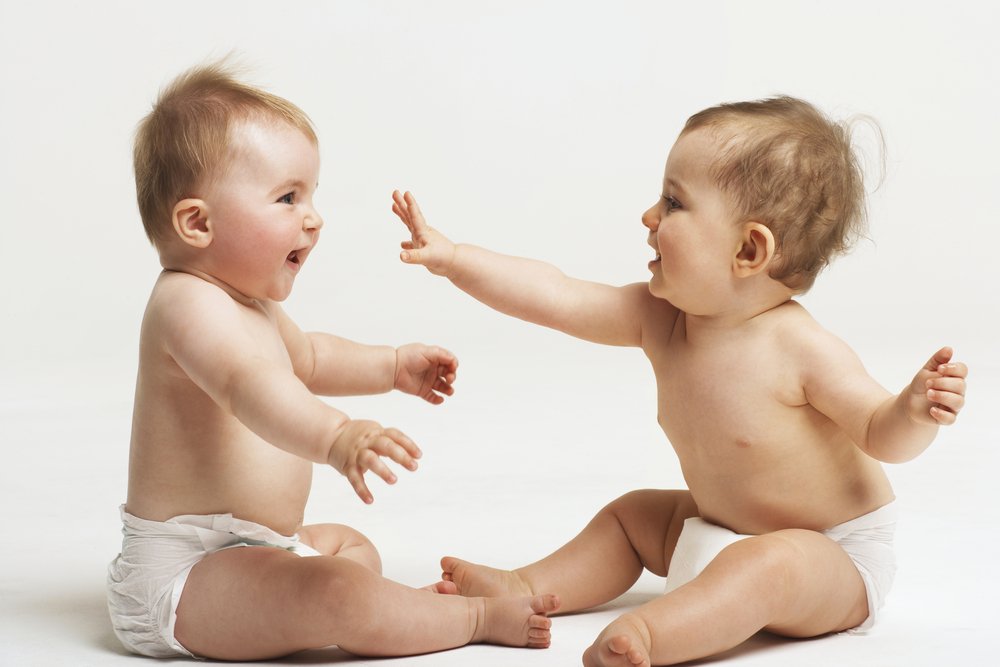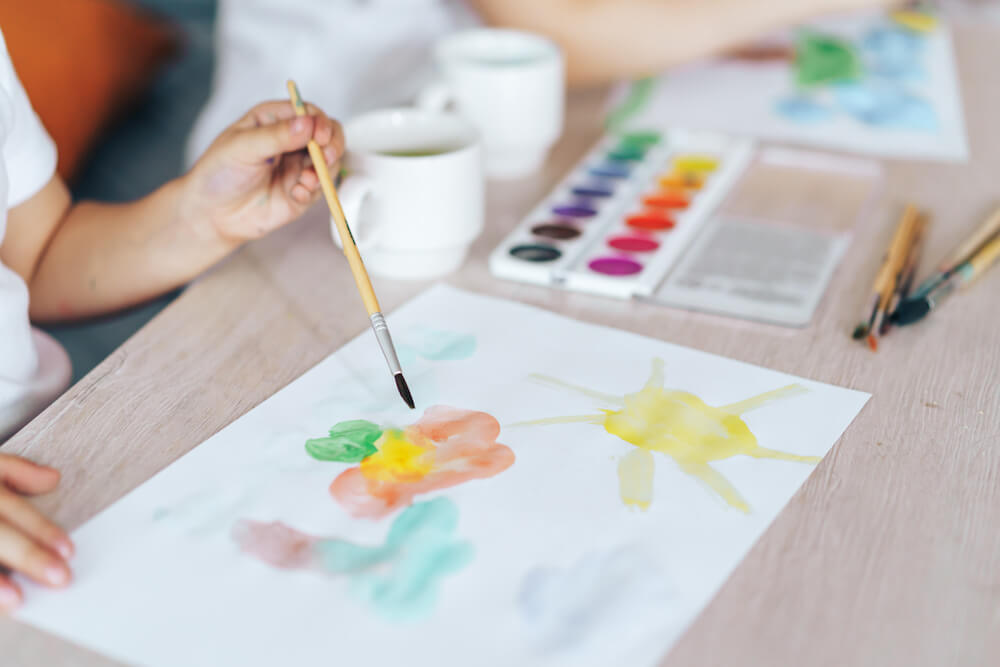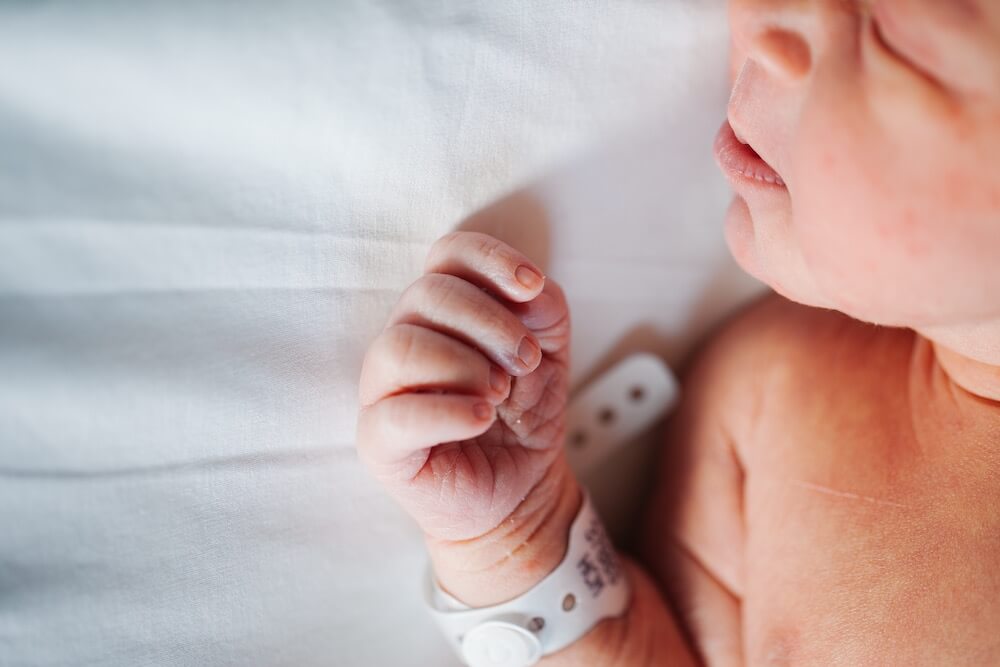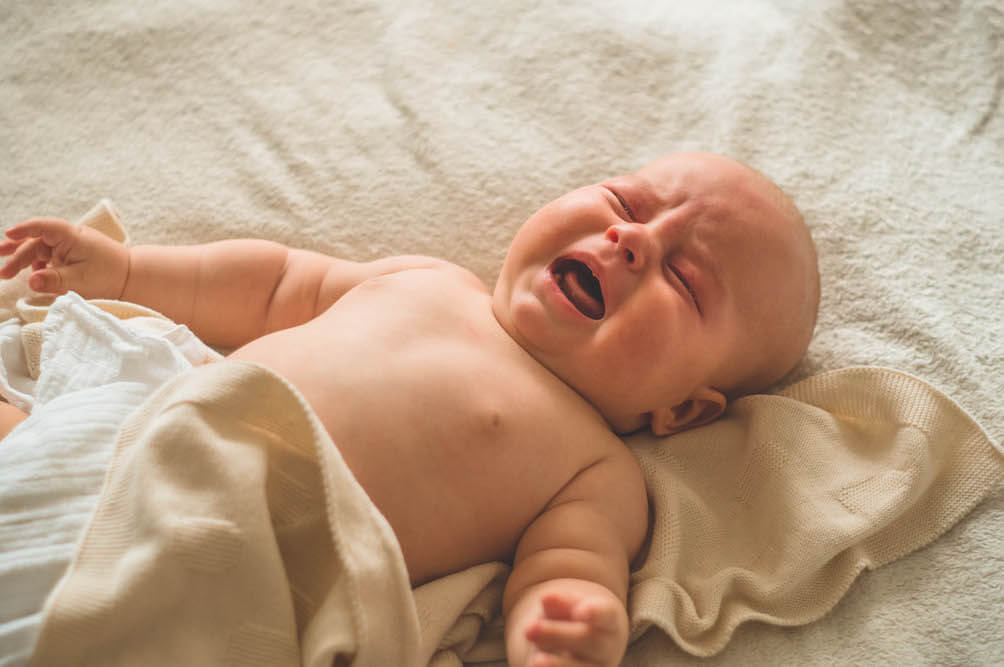Key points:
- Babies begin to communicate through crying and responding to their needs helps them become more efficient at communicating.
- A baby’s first social smile will emerge between one and a half to three months of age and interacting with parents through talking, singing, and eye contact helps them learn to socialize.
- Babies love to interact with others and exposing them to different environments and people will help broaden their knowledge of others and build their social skills.
- Socialization is a learned skill and being a good role model and introducing your baby to others can also help develop their social skills. Precautions should be taken when exposing your baby to different environments, such as keeping vaccines up to date and avoiding crowded places during flu season.
Babies are social beings. It’s in their nature and their way to connect with others it’s a key aspect for their survival. Learn how they build their social skills.
How do babies build social skills?
From the moment they’re born, babies begin to communicate with others through their very own language: crying. A baby’s cry prompts the caregiver to offer comfort and fulfill the child’s needs, be it food, a diaper change, or simply cuddle time.
By responding to your baby’s needs, you are helping them become more efficient at communicating with you, and soon all those sleepless nights will be rewarded with your little one’s first toothless grin.
Your baby’s first social smile will emerge between one and a half to three months of age. You’ll be able to differentiate this smile from their first reflex smile since this one occurs in response to a stimulus and not a spontaneous body reaction. For example, seeing your face or listening to dad’s voice will elicit a social smile. If you respond to your baby’s smile, they’ll learn that they can communicate with their parents in more ways than just crying. Talking, singing, and making eye contact with your baby helps them learn how to socialize and express their different emotions.
Babies love to interact with others and this helps them build social skills. When they are as young as three or four months old, you can take your baby out to explore the world and interact with other adults and children. Your baby will not play with other babies until they’re around two years old, but they will still be happy to be around others.
Between one and two years of age, babies will play side by side with other children but not interact just yet. This type of interaction is known as parallel play. This is completely normal since babies this age tend to be possessive of their toys and are self-centered too. So, don’t worry, with time your little one will be making new friends. Socialization is a learned skill and like any other, it takes practice to master it.
Helping my baby socialize
Since socialization is a learned skill, there must be interactions with others so it can be developed. Your baby mostly interacts with their primary caregivers, but exposing them to different environments and people will broaden their knowledge of others while you learn about their temperament and needs.
Your little one will love spending time with others, exploring, and interacting. They will observe other babies and learn or react to them even if they do not play directly with them. So, if you were having a hard time getting your little one to crawl, set up a playdate with babies who do; this might be the boost your little one needs to start.
You can slowly begin taking your baby out to the park, set up a playdate, or go to a “mommy and me” yoga class. Each of these environments allows your baby to engage with those around them. You can start slowly with one or two friends and work your way up to larger groups. The important thing is to expose your little one and choose a variety of settings that will build social skills.
Be sure to be a good role model too. Introduce your baby to others, take your little one to greet your partner, grandma, or your friends. Just don’t forget to be gentle and stay within your little one’s sight when exposing them to a new environment, especially if they are having a tough time with separation anxiety.
Finally, remember to take the necessary precautions when exposing your baby to different environments. Make sure their vaccines are up to date and avoid crowded places during flu season.








